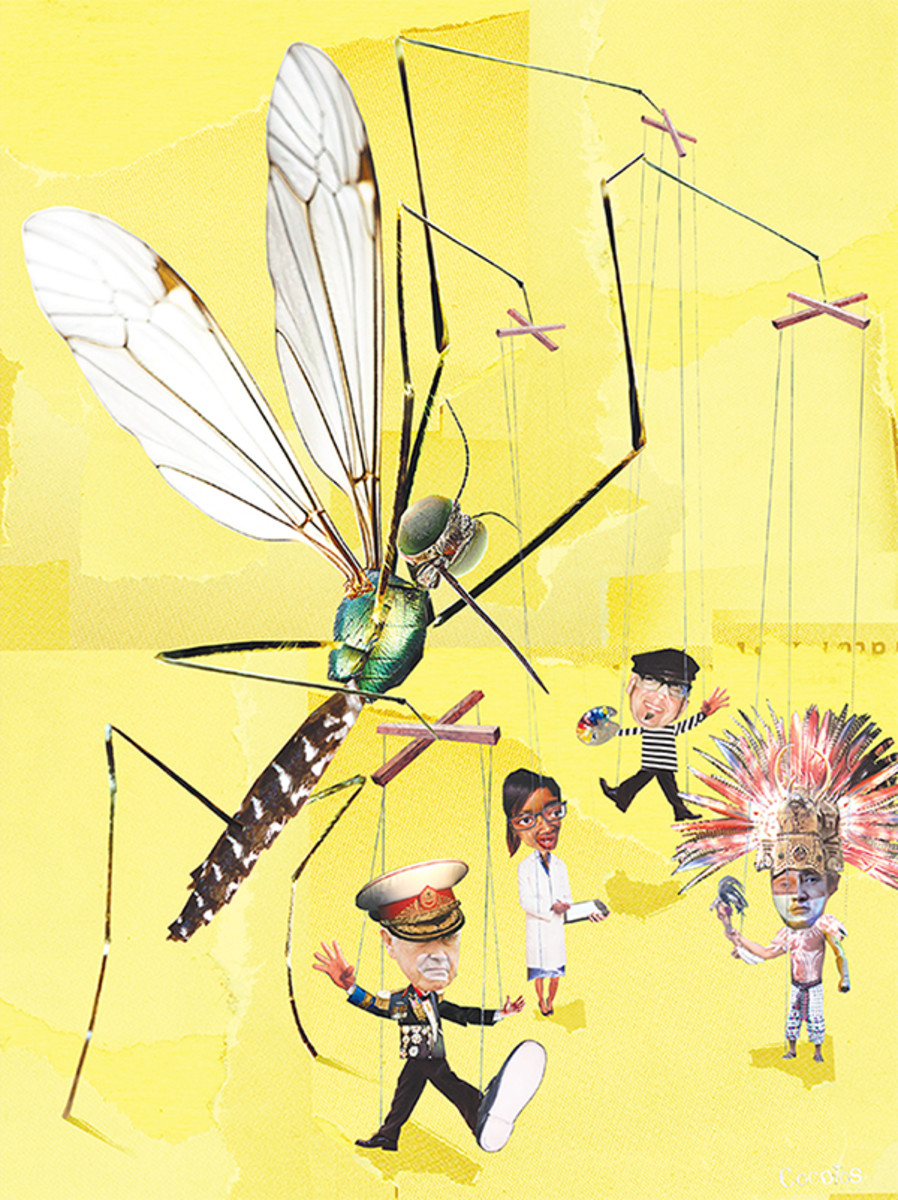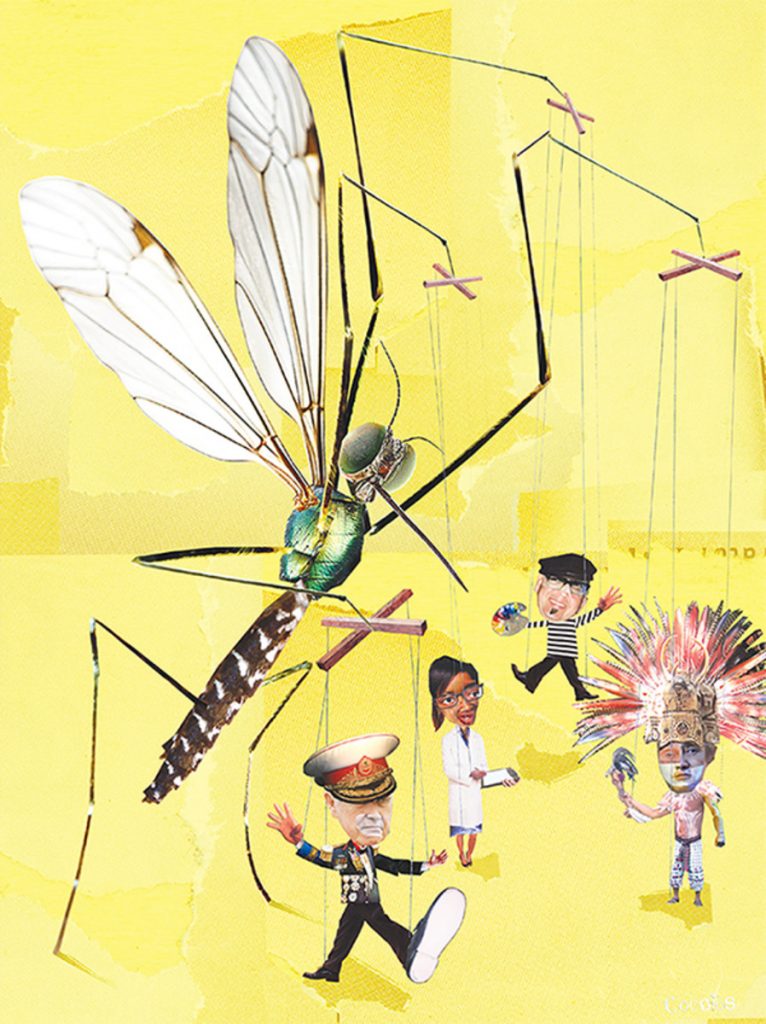The threat of disease is not uniform around the world. In general, higher, colder, and drier regions have fewer infectious diseases than warmer, wetter climates. To survive, people in this latter sort of terrain must withstand a higher degree of “pathogen stress.” Thornhill and his colleagues theorize that, over time, the pathogen stress endemic to a place tends to steer a culture in distinct ways.
Research has long shown that people in tropical climates with high pathogen loads, for example, are more likely to develop a taste for spicy food, because certain compounds in these foods have antimicrobial properties. They are also prone to value physical attractiveness—a signal of health and “immunocompetence,” according to evolutionary theorists—more highly in mates than people living in cooler latitudes do.
But the implications don’t stop there. According to the “pathogen stress theory of values,” the evolutionary case that Thornhill and his colleagues have put forward, our behavioral immune systems—our group responses to local disease threats—play a decisive role in shaping our various political systems, religions, and shared moral views.


Leave a Reply